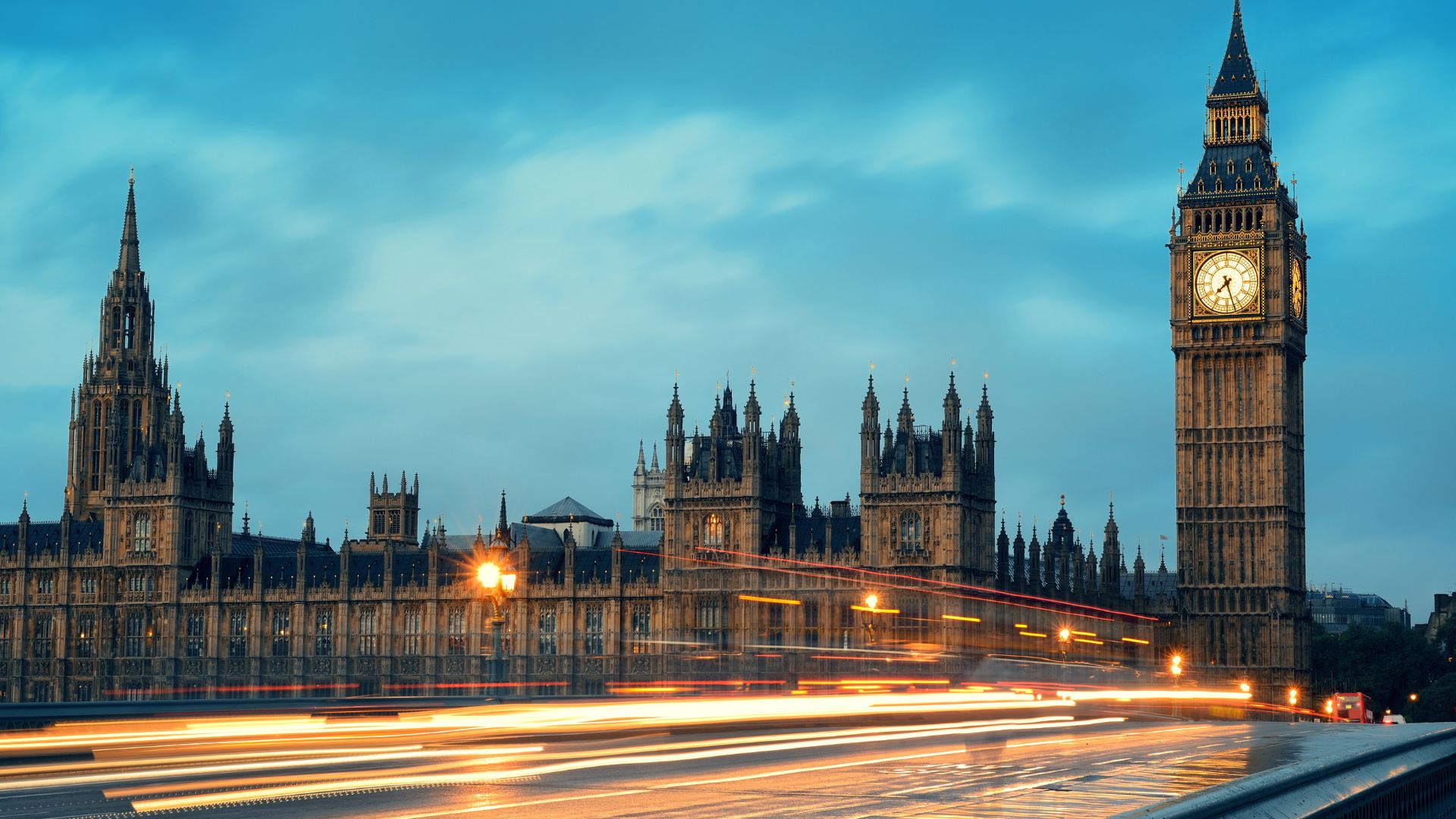

Jessica Birch
Public Sector


Mike Laughton
Artificial Intelligence
The UK general election campaign is officially in full swing, with election day set for 4 July 2024. Polling suggests the country is on course for the first Labour government in 14 years, though Prime Minister Rishi Sunak is hoping to defy the odds.
The decision to call for a general election at this juncture certainly leveraged the element of surprise. While election rumours have been circulating in Westminster, the prevailing expectation was for an Autumn election.
A recent fall in inflation to 2.3% has likely influenced the timing, which Sunak has sought to capitalise on for political manoeuvring. Setting the date for 4 July 2024 allows for a six-week campaign period and precedes the start of the English school summer holidays, though it bumps up against international sports fixtures.
Labour has been on an election footing for weeks and remains 20 points ahead in the polls, a very healthy lead with which to enter the campaign. The party has adopted a very cautious strategy, with careful messaging for Shadow Chancellor Rachel Reeves on fully costed policies. While Labour has traditionally been the party of higher taxes, Keir Starmer has worked hard to pivot the party towards a “pro-business” narrative. It will not be promising the same things that Jeremy Corbyn did in 2019, though either party will face significant revenue challenges in the next parliament.
As Parliament approaches dissolution, it will convene for a brief period to address pending legislation in what is termed a “wash-up” period. This period is critical for the tech sector, as it offers a window to finalise important legislative measures, including the Digital Markets, Competition and Consumers Bill and the Data Protection and Digital Information Bill.
These pieces of legislation hold significant implications for tech companies, shaping the regulatory landscape governing digital markets, consumer rights, competition practices, and data protection standards. We will see over the coming days which survive, which are passed in compromise form, and which will be picked up after the election.
To understand more about what a potential change in government might mean for the tech sector or your business, please contact Jessica Birch at [email protected] or Michael Laughton at [email protected]






